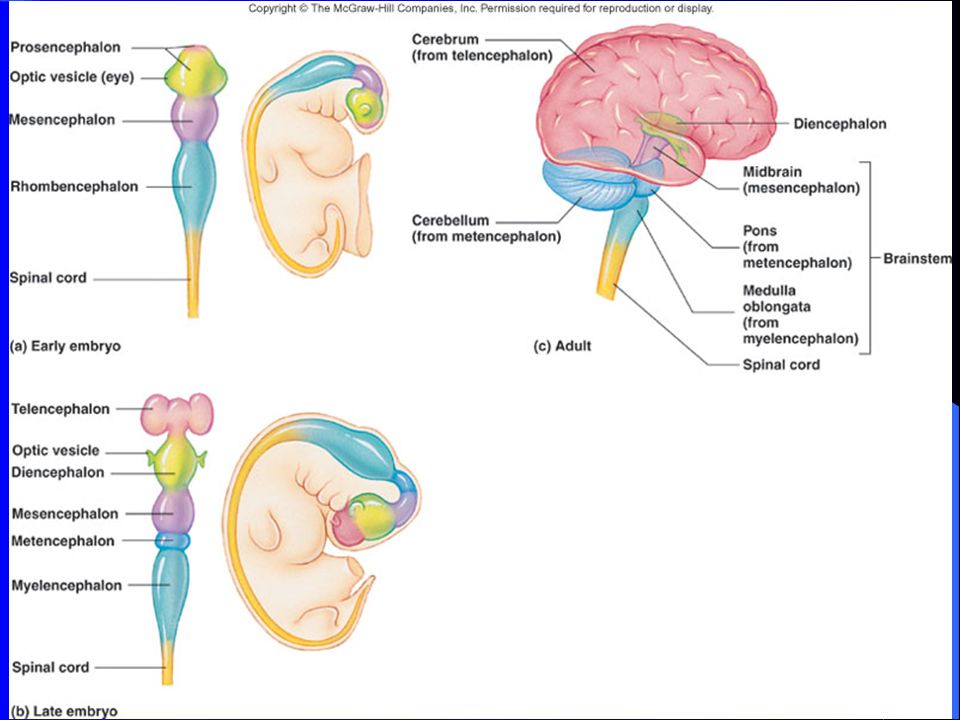Is morality neural and societal simultaneously?
Metaethics is the consideration of morality from a neutral perspective. Some of it is similar to what you have done, trying to determine the source of moral impulses.
Can science reconcile the differences in philosophical positions on morality?
If you mean declare one of two or more mutually exclusive moral imperatives correct, then no, nothing can do that, including philosophy.
Sam Harris might disagree. He refers to the "science of morality."
Ultimately, one's moral position is based in a subjective moral imperative. Mine is a common one - we should promote whatever confers the maximum freedom and opportunity for the largest number (utilitarianism). I can't defend that choice with evidence or argument. It feels intuitively like a good way for a society to organize itself.
But given that starting point, I can apply reason objectively to a subjective starting point to elucidate a system of rules to facilitate that goal, and an empirical approach to evaluating results and tweaking the rules to better achieve the desired goal and eliminate unforeseen undesirable consequences of previous choices. Alcohol prohibition is a classic example. Intended to improve life, it did the opposite, and had to be repealed.
Hume famously pointed out that there is no way to get from is (science) to ought (ethics). "The is/ought problem, as articulated by the Scottish philosopher and historian David Hume, arises when one makes claims about what ought to be that are based solely on statements about what is." Science can tell you why the sun shines, and what the ramifications of that are, but not how you ought to feel about that. Nor can philosophy/pure reason. A subjective value must be inserted first for either of these to go to work on it.
The autonomic and parasympathetic nervous systems.
For your information, the parasympathetic nervous system is a branch of the autonomic nervous system, the other being the sympathetic nervous system. They emerge from different parts of the central nervous system, utilize different neurotansmitters, and often have opposite functions on the glands and organs. Sympathetics to the heart speed its rate, while parasympathetics slow it, all unconsciously and automatically.
The nervous system is divided into central (CNS) and peripheral nervous systems (PNS). The CNS is the brain and spinal cord. The PNS is the autonomic (ANS) and the somatic nervous systems (SNS). The ANS is made up of the sympathetic and parasympathetic nervous systems.
I don't see moral impulses coming from the ANS, which we are only aware of when we feel sensations like butterflies in the stomach. The experience of a conscience almost certainly arises in the cortex of the brain, not peripherally.
Do you like this stuff? I love it. Here's a bit more. The brain is divided according to embryological and functional considerations, The brain ends where the spinal cord begins:

